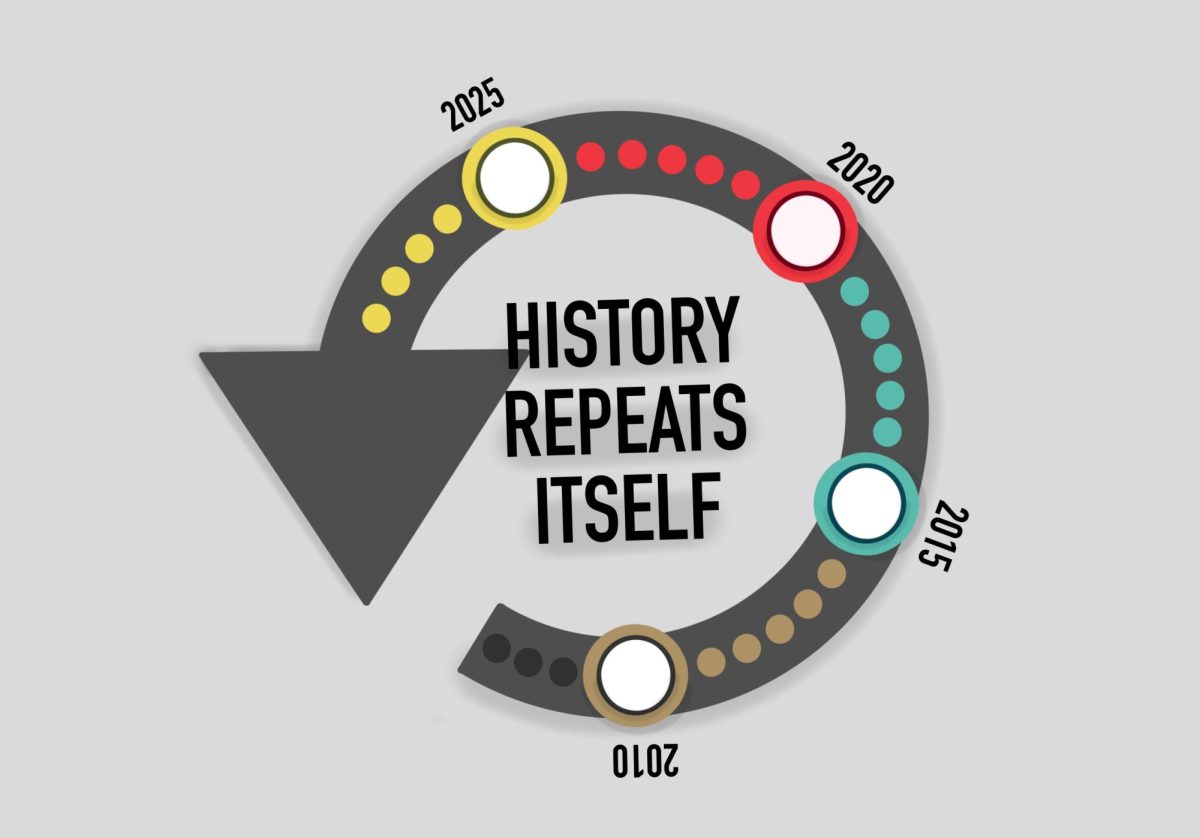If you are among the many Americans who based their presidential debate drinking games around the number of times Trump said China and yelled about building a wall, I’m sorry – you endured a sober evening. The event was reminiscent of a third grader’s birthday party gone awry, with President Trump playing the role of the petulant younger brother. It was a chaotic and unprecedented evening, reaffirming that Trump is strongest when playing offense.
The critical takeaways from the night came not from what was said, but what wasn’t. The sixth segment of the debate focused on the integrity of the election, a growing issue due to concerns regarding vote by mail, which, in case you were wondering, is actually a completely secure way to vote. In one of his more powerful moments, Chris Wallace asked the candidates to affirm their willingness to wait to declare victory on election night until the election is independently certified. Biden agreed. Trump, after spending significant time and energy preemptively framing the election as a fraudulent one, declared he would only do so if he knew it was a fair election. A peaceful transfer of power is a pillar of American democracy. To have a sitting president refuse to commit to upholding that basic standard of a democratic society is deeply troubling to hear. Trump would be the first president since the election of 1800 (yes, like the Hamilton song) to refuse a peaceful transfer of power between parties. President Trump also refused to condemn white supremacists and equated racial sensitivity training with anti-whiteness.
Biden, on the other hand, pulled out a side of him I’m not sure many of us were aware existed. He worked to address the American people directly, related issues like racial inequities back to the COVID-19 pandemic and encouraged viewers to ensure that their vote gets counted. However, he also missed opportunities to drive his point home. Instead of focusing on the recent revelations regarding Trump’s tax payments, he pivoted to discussing tax code and how his plan would benefit citizens, not corporations. While Biden was clearly focused on communicating his platform to audiences, President Donald Trump could, and should, have been made to answer for his fraudulent taxes. Biden also made a strong appeal to liberal and moderate voters, calling for mental health professionals to accompany police and systemic change without advocating for abolishment of law enforcement entirely.
The real star of the show, however, was the moderator: Chris Wallace. Standing up to a mercurial leader prone to spouting vitriol with little regard to who is on the receiving end takes considerable courage. Like any good parent during the aforementioned birthday party, he (tried) to control bickering between candidates, worked to hold them to the time limit and even reprimanded President Trump for interrupting Biden. My main complaint following political debates tends to be that the moderators don’t push the candidates for legitimate answers to the questions asked, and that certainly cannot be said about Wallace. He drilled both candidates with specific, pointed questions on white supremacy and election integrity, and refused to drop the subject until an answer had been given. Though he struggled, Wallace did an all-around commendable job of keeping the ball rolling.
Personally, my favorite part of the debate was when it ended. This was a deeply unsettling 90 minute reminder of the stark divisions in our country, and frankly the only good part was that it wasn’t on Zoom. The goal of these debates is to let undecided voters get to know the candidates and their stance on issues, and between the interrupting, name calling, and incomplete sentences, that was difficult to accomplish. Moving forward, I suggest you add “Biden referring to Trump as a clown” to your debate night bingo, and make a plan to vote.














